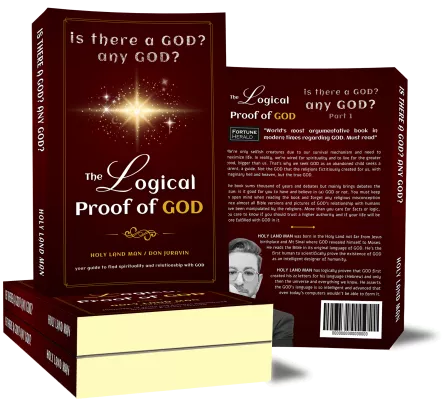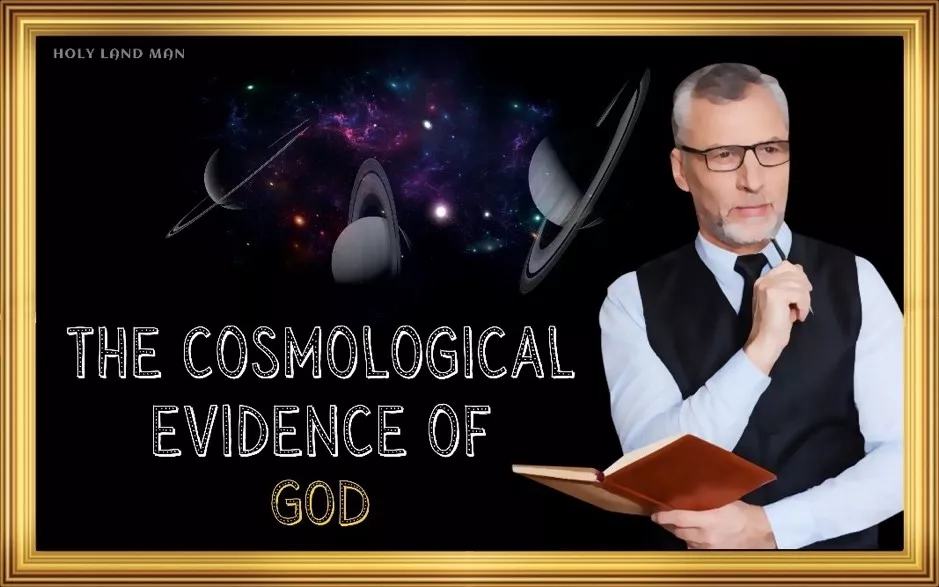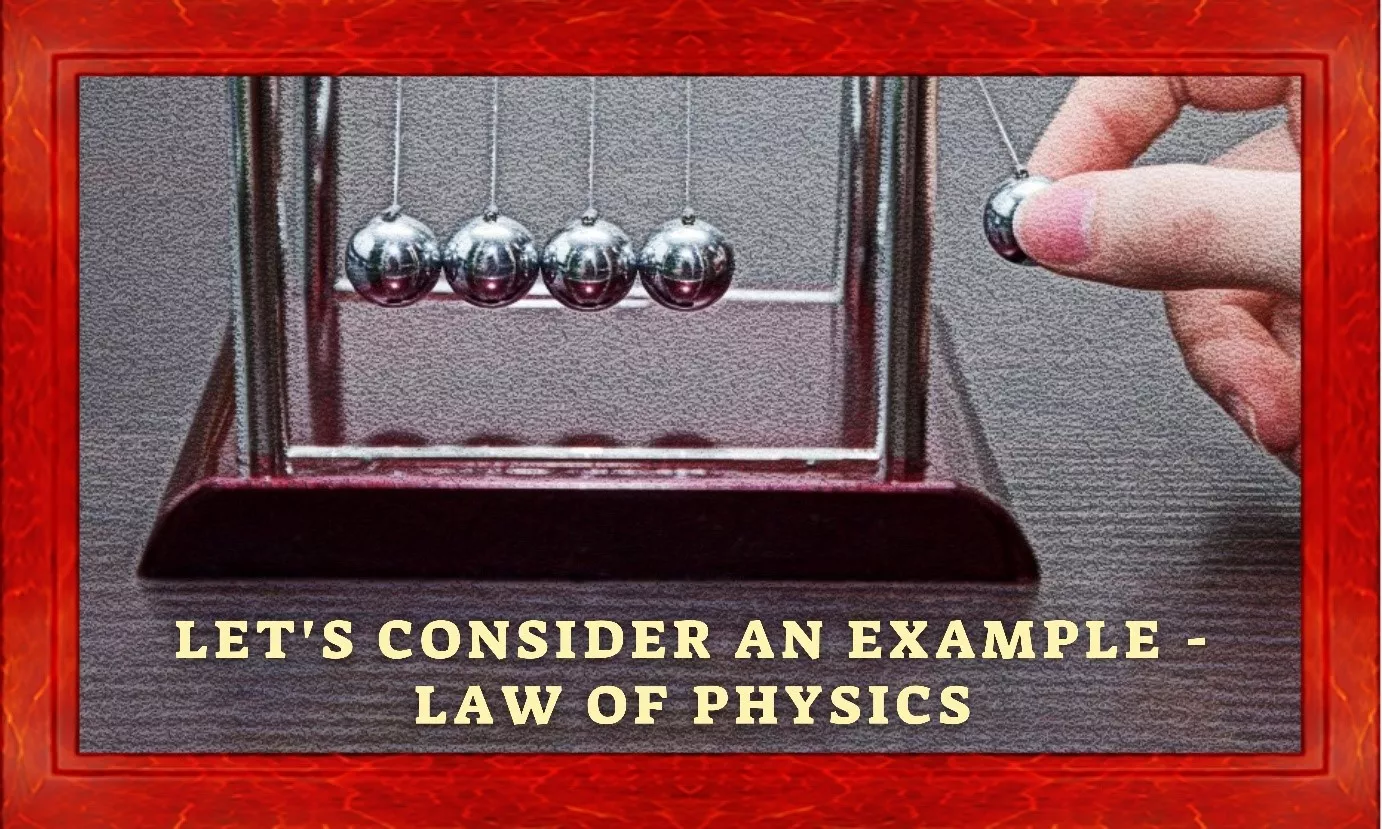Aristotle believed that every object in the universe is driven by its own will. Thus, a stone falls because it wants to return to earth, while an air bubble rises from the water because it aspires to return to the atmosphere from which it originates. Likewise, the desire of the stars and other celestial bodies is what causes their motion. This idea may sound strange. Nonetheless, it raises questions: What explains the precise motion of objects throughout the universe? Do the atoms and molecules on planets in other galaxies behave just like those on Earth? Does everyone want the same things? Do they know what equations they should follow?
If individual will does not drive the universe, does a supreme will coordinate the whole universe? That supreme will is the will of GOD.
GOD has determined the equations of the laws of nature, according to which the universe is governed, and he/she moves it at all times following these equations. This explains how inanimate matter moves and how it is possible that matter in the whole universe behaves exactly according to the same equations. Matter can move because of GOD’s will, just as man can voluntarily move his body and the objects around him.
In fact, using GOD’s will as an explanation for motion in the universe is not fundamentally different from the way physicists use the laws of nature as an explanation for phenomena arising from observations. After all, no one has ever seen gravity or any other physical force.
Newton simply asked himself what the explanation for objects falling was. When he did not find an explanation for this in the context of “known” phenomena, he concluded that there was an unknown force that caused it – and he called the force gravity.











